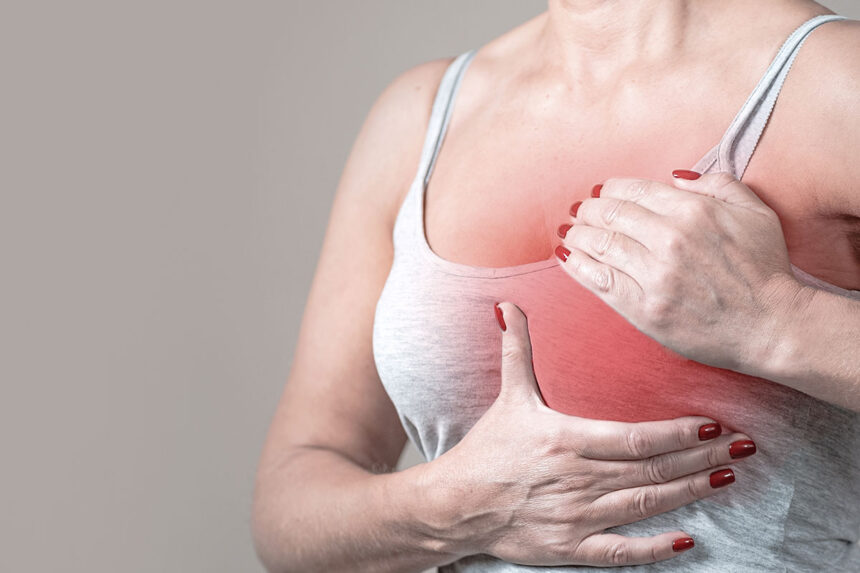Breast cancer has become increasingly common today. However, doctors emphasize that “self-detection” is very important. The question is—what symptoms should prompt concern, and what factors are causing this complex disease to rise?
According to an Indian doctor, women should begin getting health check-ups after the age of 25. A lump or mass in the breast doesn’t always mean cancer—only 10–15% of such lumps may turn out to be cancerous—but prompt medical attention is still crucial.
Read also
Symptoms of Vitamin B12 Deficiency
Breast cancer is a complex disease with several known risk factors that can significantly increase its likelihood. Here are some of the most common causes and risk factors for breast cancer:
1. Family History
If your mother, sister, or any close relative has had breast cancer, your risk of developing the disease is significantly higher.
2. Genetic Mutations
Mutations in the BRCA1 and BRCA2 genes can greatly increase the risk of breast cancer. Other mutations like TP53 and PTEN are also associated with higher risk.
3. Hormonal Factors
Long-term exposure to higher levels of estrogen and progesterone increases breast cancer risk. This includes early onset of menstruation and late menopause.
4. Reproductive and Menstrual Factors
Not having children or having your first child after age 30 can also increase the risk.
5. Hormone Therapy
Post-menopausal hormone therapy (especially combined estrogen and progesterone treatments) may raise the risk of breast cancer.
6. Lifestyle and Diet
Unhealthy eating habits, obesity, lack of physical activity, and alcohol consumption all contribute to higher breast cancer risk.
7. Radiation Therapy
If you’ve previously undergone radiation therapy to the chest, your risk of breast cancer increases.
8. Dense Breast Tissue
Having dense breast tissue raises the risk and makes it harder to detect cancer through mammograms.
9. Environmental Pollution
Some studies suggest that exposure to air pollution and harmful chemicals may increase the risk of breast-cancer.
10. Alcohol and Smoking
Regular alcohol consumption and smoking are also linked to an increased risk of breast cancer.
In addition to these, there are other possible risk factors that are not yet fully confirmed by science. To reduce your risk, it is important to maintain a healthy lifestyle, exercise regularly, and undergo routine check-ups. If you have a family history of breast-cancer, consult a doctor for personalized guidance and screening recommendations.


